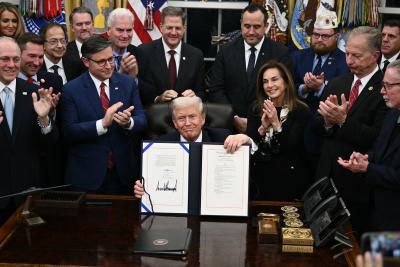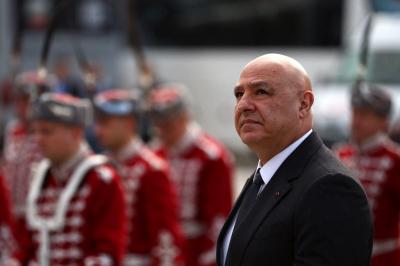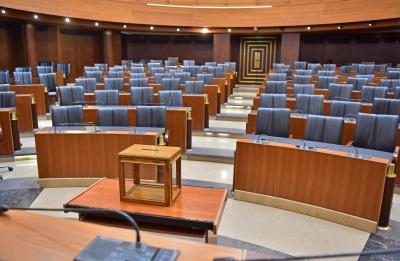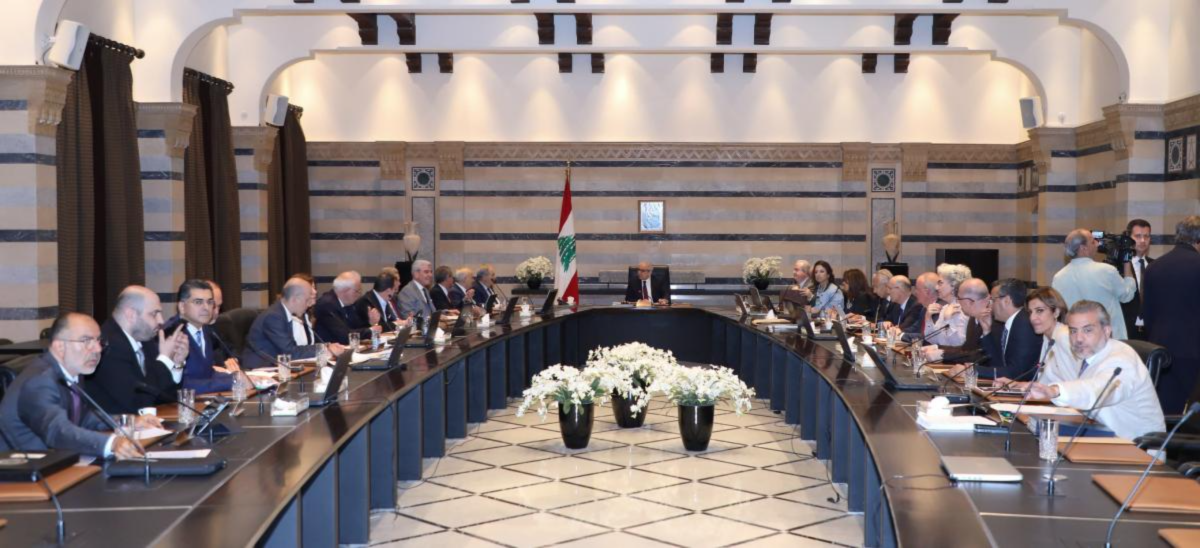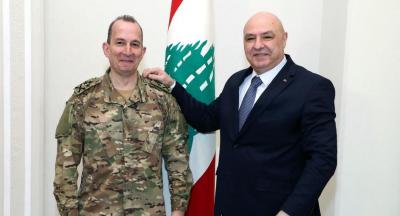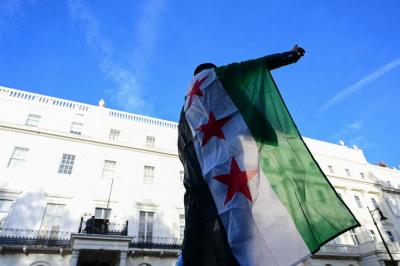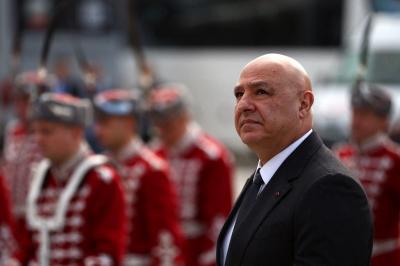IF the decision-making truly rested with the Lebanese government, it would not have waited for "Hezbollah"’s response to the proposal—dubbed a paper, a timeline, or a roadmap—presented by U.S. presidential envoy Thomas Barrack. A roadmap urging the state to fulfill its long-overdue promise: to monopolize arms and maintain security across Lebanese territory through its own legitimate forces. A government in charge does not seek permission before making sovereign decisions.
IF the government had real authority, it would have already put an end to the disastrous financial practices that impoverished the Lebanese people, trapped their life savings in banks, and reduced them to beggars pleading for crumbs. This economic downfall is equally the responsibility of successive governments, the Central Bank, commercial banks, and a Parliament whose committees were busy with distractions while the real issue remained unaddressed.
IF the government been truly in charge, it would have taken decisive action to halt the raging financial and economic crisis long ago. It would not have fed off the people’s savings—paying them at the official exchange rate of 15,000 Lebanese pounds to the dollar while collecting taxes and fees at the market rate of 90,000. A flagrant form of legalized theft.
IF the government was in control, it would not have chosen the easiest populist solution: overburdening law-abiding regions with even more taxes to spare “the affected areas” in the South, the Bekaa, and the Southern Suburbs of Beirut from paying their dues. As if it were the destiny of those who respect the law to fund the state’s spending on neglected zones, just as all Lebanese were once made to prop up the Syrian economy during the heyday of Shiite political dominance.
IF the government truly governed, it would have prioritized basic living needs, such as water and electricity. It would have awarded infrastructure contracts transparently, opting for projects that deliver clean water to Beirut at a fraction of the cost of ill-conceived plans to clean up Qaraoun Lake—projects doomed from the start, given that raw sewage and industrial waste still pollute its waters. Why waste millions on the impossible, especially if the government cannot even stop ongoing violations?
IF the government had truly been in charge, judicial appointments would have been issued independently, without bowing to anyone’s approval or terms. It would have acted when a former official wanted for questioning in the Beirut port explosion refused to appear before the judicial investigator. It would have shifted from a sluggish, turtle-like pace to a faster rhythm, filling vacant public sector posts, redeploying redundant personnel, and modernizing state institutions to meet the demands of the times.
IF the decision-making laid in the hands of the government, thousands of detainees would not still be languishing in prisons without charges or trials.
IF it had real authority, the government would have come clean with the public, naming who obstructs its work and what stands in its way.
IF finally the government was in control, it would have never asked its citizens to act as its eyes, ears, and informants in the fight against corruption. The state, with its own agencies and institutions, already knows the facts and the names of every corrupt actor.
IF power truly belonged to the government, reform-minded individuals would already be leading the charge to rebuild the nation.
Please post your comments on:
[email protected]
 Politics
Politics


